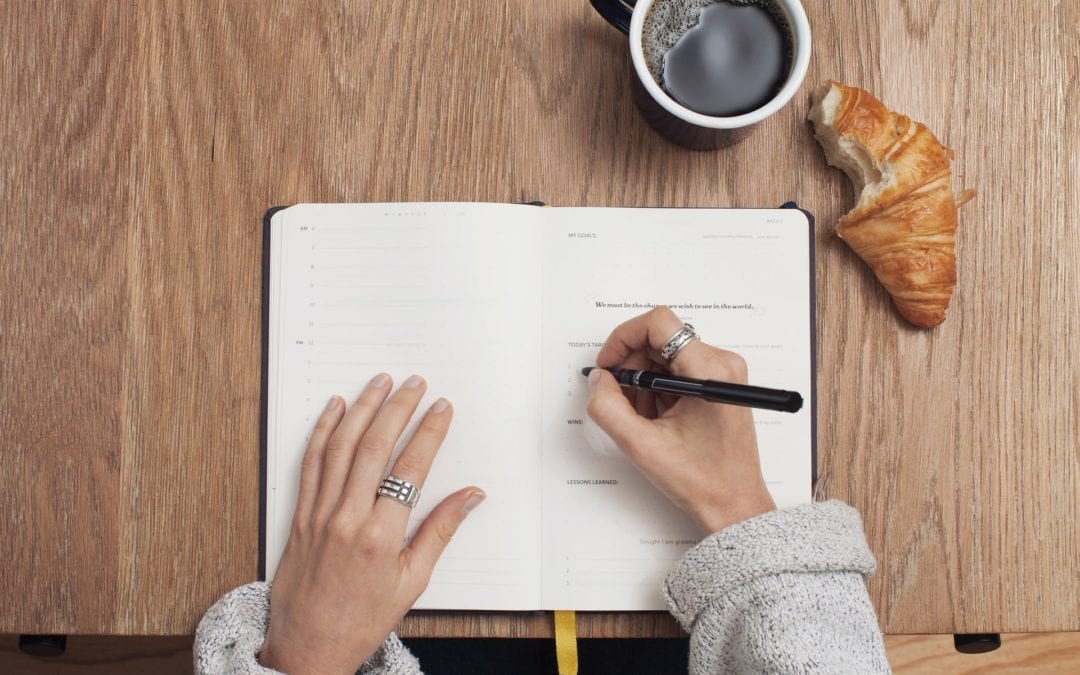I don’t know about you guys, but when I am stressed, I completely become disconnected. I sometimes skip my meals, eat out of boredom, forget to stretch and before I know it, it’s already 10:00 pm and I’m not even tired.
If you can relate to this, raise your hand! I see you over there!
So, what can we do to get our pieces back together and get reconnected? Well, first thing’s first. We’re only human. It happens. Fortunately, being aware of this is a good start to piecing ourselves back together. Below I’ve provided 10 personal tips on how to maintain a healthy routine when feeling disconnected. I hope to provide some guidance to you all!
- Accepting that it’s okay to feel disconnected: Like I said, we are only human. The more that we expect from ourselves, the more stressed out we become. By acknowledging the feeling of disconnection, we can start working on this area to reconnect ourselves without any expectations and to address the feeling as it comes. Side note: we are in a pandemic. It’s totally understandable to be just a tad more stressed than usual.
- Journaling: Do you prefer journaling in the morning, afternoon, or before bedtime? Personally, I enjoy journaling before I go to bed. This way any lingering thoughts from the day can be expressed in my notebook AND I can feel more at peace prior to going to bed. Ha! And they say only teenagers have diaries!
- Sleep: I know. I know. How many times have we been told to get at least 7-8 hours of sleep per night? Well, there’s a reason for that! According to The National Sleep Foundation, adults between the ages of 18-64 should aim between 7-9 hours of sleep per night while adults ages 65 and older should aim for 7-8 hours of sleep per night. Some studies suggest that if we don’t meet our sleep recommendations on average, sleep disorders such as snoring, gasping for air and certain metabolic conditions can possibly develop.
- Relaxation Apps: Speaking of good sleep hygiene, if you are one of those people (like me) whose minds are constantly going, you may benefit from investing in an app that will help you relax. I personally like Calm. Calm provides many useful resources to help you feel at ease. I enjoy using their guided meditation after I journal and right before I go to sleep. This app has helped me in so many ways!
- Consume a Nutritious Breakfast: I personally have become a big fan of breakfast. It’s something that I definitely look forward to when waking up since I know this will satisfy me until my snack. I usually enjoy making a bowl of oatmeal and topping it off with mixed berries, cinnamon, and almonds. It’s delicious and definitely satiating! If I’m still hungry, I’ll add in some plain Greek yogurt to the mix.
- Shoot for at least 3 meals + 1-2 snacks: My body knows how to remind me of when I’m hungry. However, during stressful periods, I tend to lose the hunger cue. My tip for this is to make a conscious effort (set an alarm, look at the clock) and be mindful for when your next meal or snack should be. Your body likes to work on a routine. Honor those cues!
- Exercise: I’m sure you saw this one coming! According to The U.S Department of Health & Human Services, adults should exercise at least 150-300 minutes (~2-5 hours) per week of moderate-intensity or should exercise at least 75-150 minutes per week of vigorous-intensity.
- FaceTime: Can you imagine not being able to see your family and friends at all during a time like this? I can’t. My close relatives are on the other side of the country so being able to see their faces makes all the difference! I personally talk to my mom almost every day since it helps me get through the day. I also try to have game nights and happy hour with my friends over the weekend. Designate some time during the day to speak to your loved ones!
- Tap into “Self-Care” Time: Yep. This would include designating certain hours to not be on social media and email checks so that you can spend a little more time on YOU. My tip would be to dust off that diffuser of yours, put a couple of drops of lavender (or your choice of scent) and make a warm bath for yourself. Sounds so good, right?!
- Gratitude List: This is something that I can’t emphasize enough. Writing down all of the things that you are thankful for can boost positivity since writing things down can help you to become more consciously aware. Creating a gratitude list can also improve self-esteem by being aware of your accomplishments and acknowledging all of your hard work and experiences.
If you’d like to explore more on these tips or have any questions/concerns, feel free to reach out and contact me! I look forward to hearing from you!
Much Love,
Rebecca Goodrich MS, RDN, LDN

I love this wonderful article and I love you!!!! Awwww….talking to you helps me to get through my days also!!!